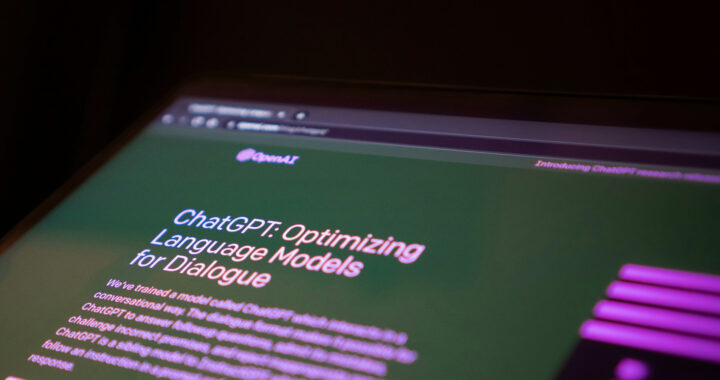OpenAI has introduced new parental control features for ChatGPT to provide a safer and more responsible environment for teenagers. These are designed to balance privacy, parental oversight, and adolescent autonomy, while also addressing growing concerns about emotional reliance on generative artificial intelligence chatbots and platforms.
ChatGPT Parental Controls Explained: The AI Oversight Tool Parents Have Been Waiting For
Overview of Parental Controls
The parental control initiative introduces account linking between parents and their children aged 13 and above to give adults the ability to oversee ChatGPT interactions. It is designed to ensure supervision without imposing full-scale surveillance. This reflects a deliberate attempt to promote guidance while respecting developing independence in younger users.
At the core of this release are mechanisms that regulate features within ChatGPT accounts. Parents will be able to determine whether conversations are stored, whether the memory function is active, and whether filtering tools remain enabled. The specific content filters feature is automatically turned on to maintain an age-appropriate digital environment.
The system also incorporates detection measures for emotional distress and sensitive subject matter. Specifically, when ChatGPT identifies indications of troubling conversations, the exchange is automatically redirected to models specifically trained for sensitive interactions. This ensures that teenagers receive cautious and carefully moderated responses.
A real-time alert system has also been introduced. Parents receive immediate notifications if the chatbot encounters dialogue signaling severe distress. These alerts are intentionally limited to situations of genuine concern to ensure that oversight does not evolve into constant monitoring, while still equipping parents to intervene when absolutely necessary.
Rundown of Critical Features
OpenAI has stated that these parental control features are set to roll out around early October 2025. The AI company emphasizes that the changes represent one of its most significant steps toward practical and family-centered artificial intelligence safeguards. The following key features illustrate the details of the new parental control system of ChatGPT:
• Account Linking: Parents can directly connect their accounts with those of teenagers starting at age 13. This feature specifically allows for structured supervision without fully exposing every detail of private usage.
• Feature Restrictions: Adults may regulate chat history retention, memory activation, and age-based filtering. Note that these optional feature restrictions or filters are set by default to maintain a safe baseline.
• Sensitive Conversation: Conversations containing signs of emotional distress or troubling topics are redirected through specific large language models particularly optimized for cautious and sensitive responses.
• Parental Alerts: In cases of heightened concern, such as indicators of emotional crisis, parents receive timely notifications to allow immediate action and support. Remember that ChatGPT detects signs of distress.
• Privacy-Sensitive Design: Alerts and interventions are applied selectively. This feature is intended to avoid continuous surveillance and respect the need for personal space and autonomy of adolescents.
The introduction of these specific parental controls represents a significant moment in the broader conversation about youth interactions with artificial intelligence. Teenagers often engage with chatbots as confidants or sources of guidance, and these updates aim to protect their well-being while respecting their natural desire for personal expression.
Moreover, unlike AI assistants that rely on operating system-level restrictions, these controls are built directly into ChatGPT itself. This approach provides a more context-aware, integrated safety mechanism, potentially making ChatGPT the most advanced example of a generative artificial intelligence platform designed with family needs in mind.
